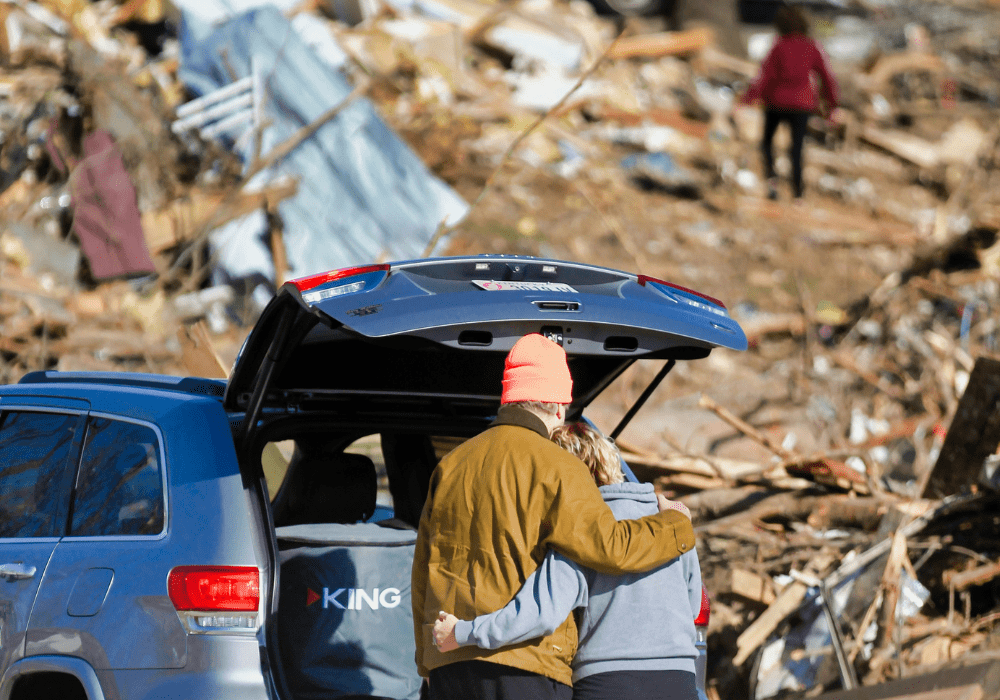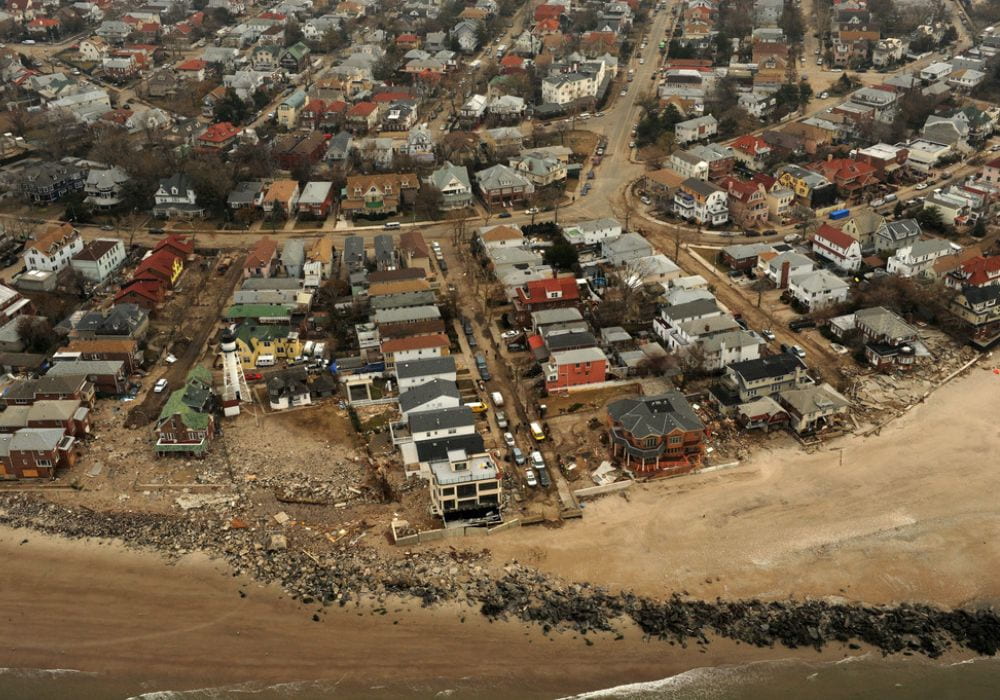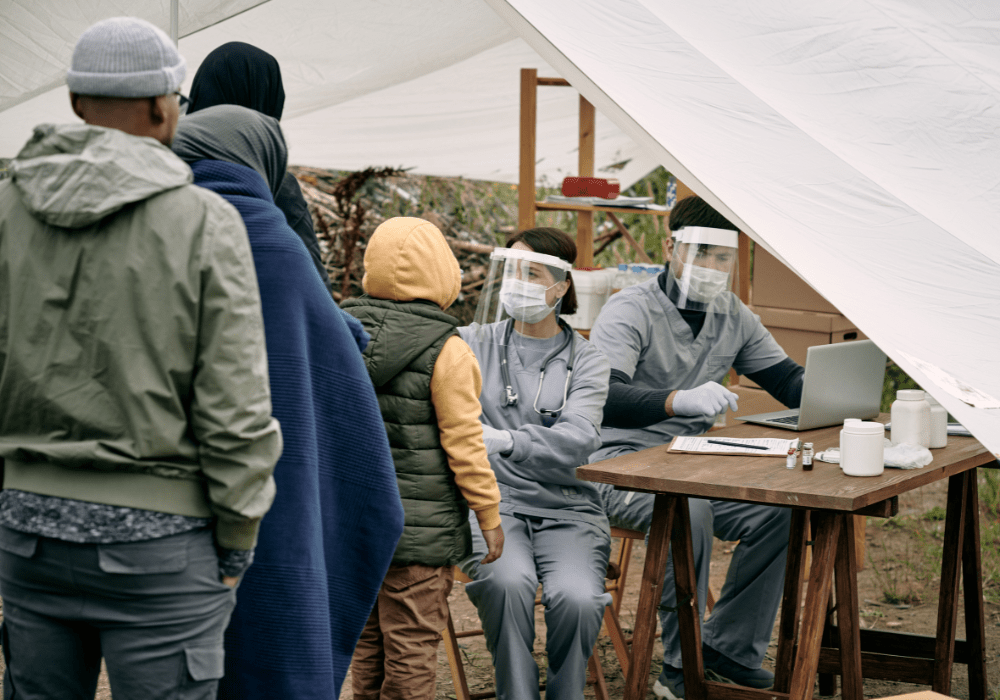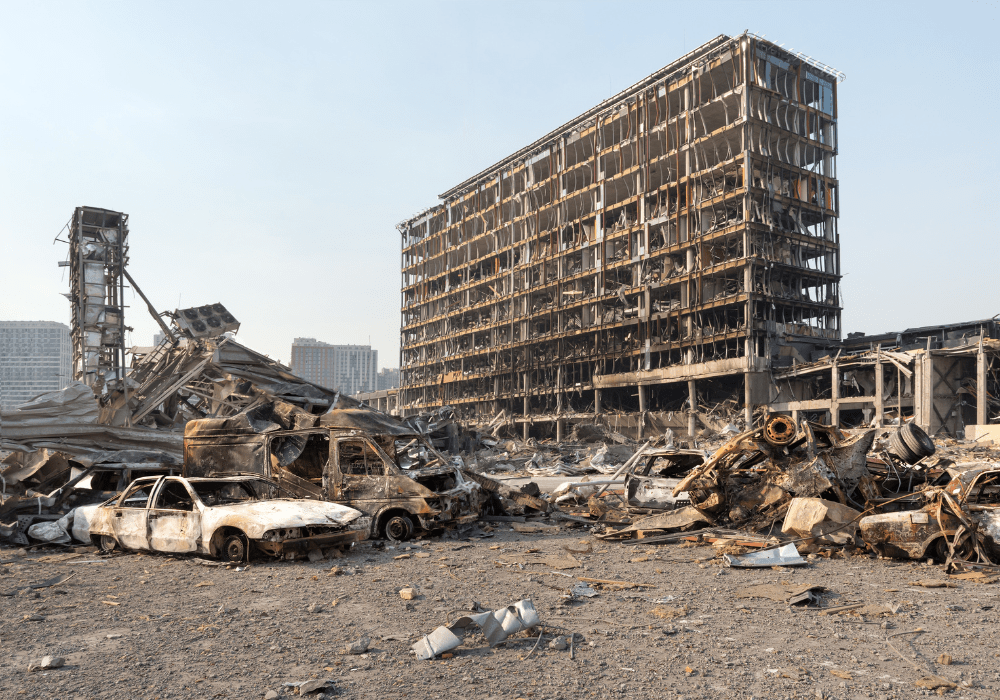
Bova illustrates the crucial role of mitigation in relation to community resilience. This report includes examples of ways in which mitigation strategies promote community well-being before and after disaster events. Bova highlights the importance of community cooperation throughout mitigation, response, and recovery efforts, which is fostered by resiliency.
Continue reading “Alexandra Bova’s Précis on Mitigation and Community Resilience”








